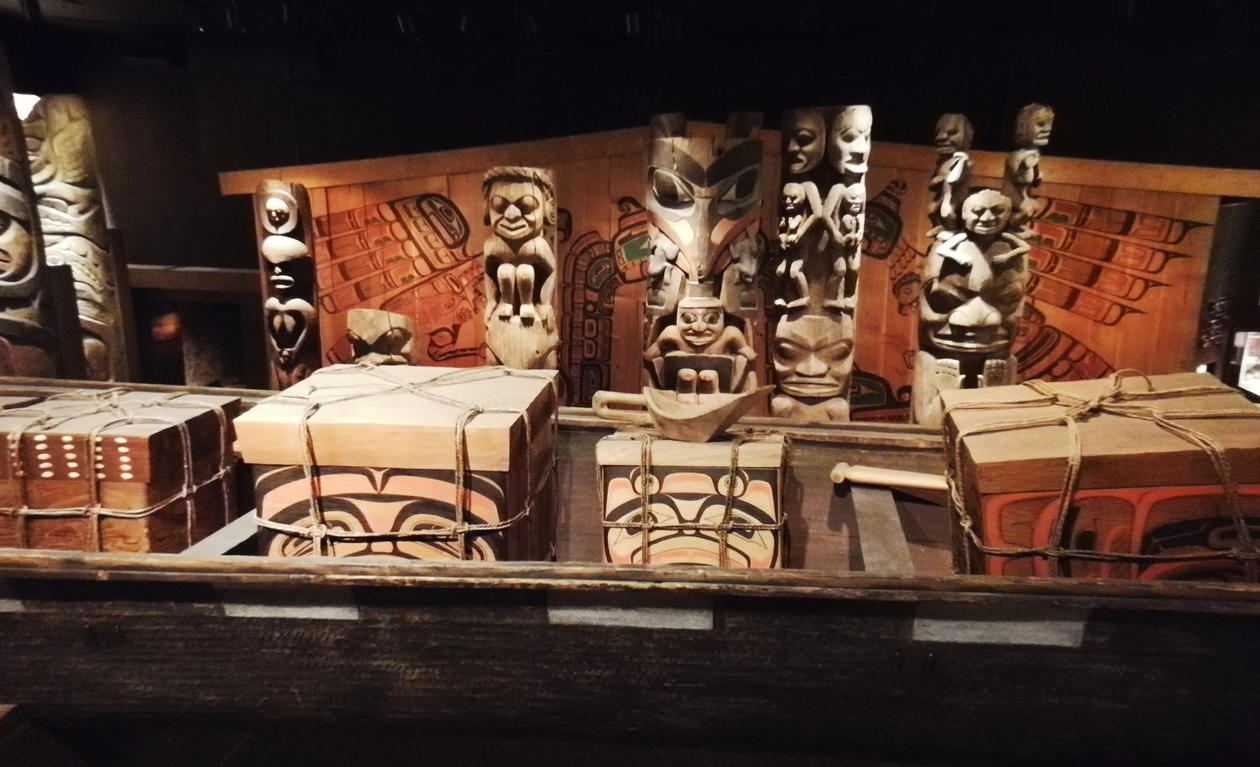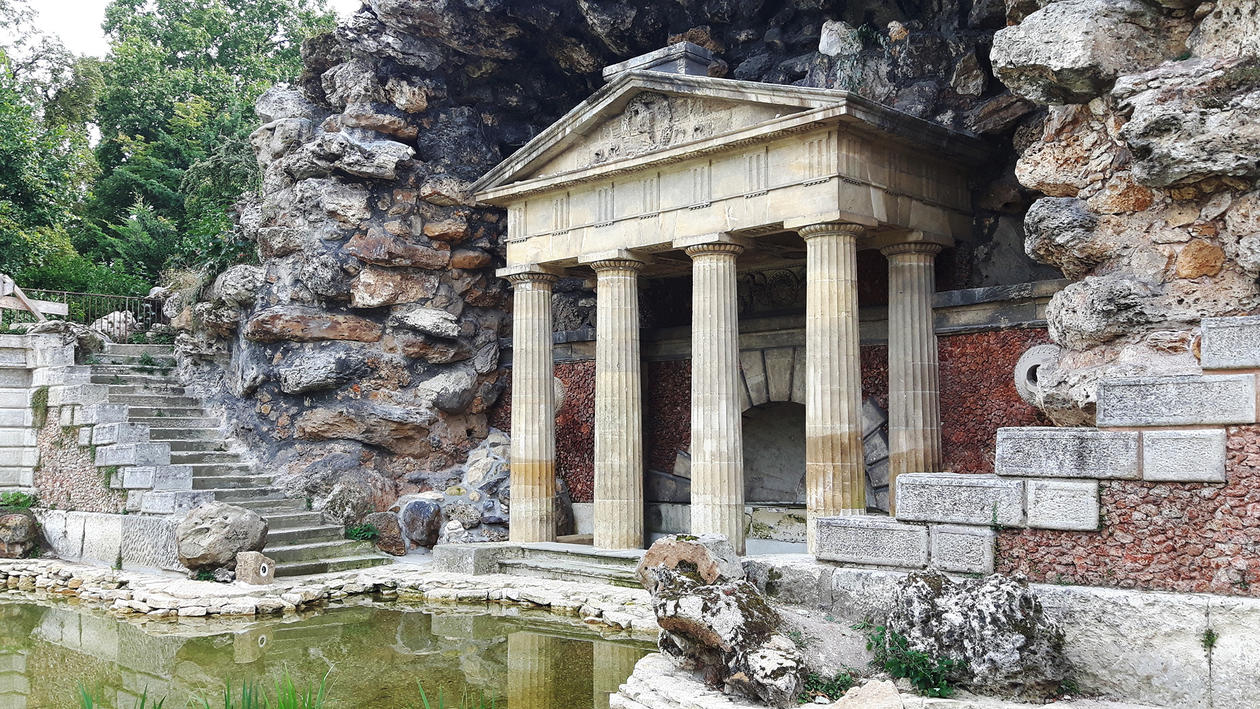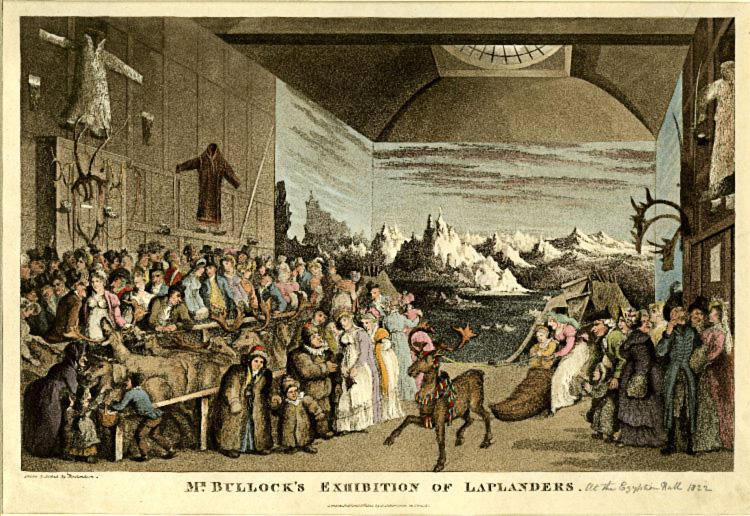COMMON ENDS
A research network for the study of cultural heritage in a comparative perspective

Main content
The founding idea of COMMON ENDS is to build a cross-disciplinary and tightly knit research group consisting of anthropologists, archaeologists, historians and art-historians, observing changes in the politics and dynamics of cultural heritage around the world. Those changes will also be perceived to crystallize crucial aspects of a larger concern: the changing relation between the state and (its) people. Through the method of participant, qualitative observation, supplemented with interviews and historical sources and archival documents we will be following processes of ‘heritagisation’ or ‘commoning’ as they variously play out in the political, economic or religious circumstances of the sites.
Identity, belonging and rights to cultural expressions, both tangible and intangible, are fundamental to peoples’ wellbeing and existence. Increasing land-use and development beyond the control of local people and local leadership leads to disputes over cultural resources, and simultaneously cultural heritage sites also function as motors for commercial tourism, elitist appropriation and universalist conservational regulations – all being forces that tend to alienate local populations.
These questions are part of a broader global political agenda, but they also have corresponding effects on local grassroots, and we are interested in case-studies into such local circumstances and their comparison. Our COMMON ENDS network will investigate these changes in politics and dynamics of cultural heritage – by following the local circumstances and their conflicts over policy, law, regulations, access, and repatriation. We will thus focus on how heritage is actually practiced and performed by different types of actors.
Team at the University Museum in Bergen, Department of Cultural History.
Professor Knut Rio (https://www.uib.no/en/persons/Knut.Mikjel.Rio)
Professor Nils Anfinset (https://www.uib.no/en/persons/Nils.Anfinset)
Forsker Trond Lødøen (https://www.uib.no/en/persons/Trond.Lødøen)
Professor Justin Kroesen (https://www.uib.no/en/persons/Justin.E.A.Kroesen)
Professor Frode Storaas ( https://www.uib.no/en/persons/Hans.Frode.Storaas)
PhD Candidate Osmund Grøholt (https://www.uib.no/en/persons/Osmund.Engelbregt.Bøhmer.Grøholt)
Associated UIB researchers:
Professor Anne K. Bang ( https://www.uib.no/en/persons/Anne.Katrine.Bang)
Professor Camilla Brautaset ( https://www.uib.no/en/persons/Camilla.Brautaset)
Professor Bjørn Enge Bertelsen (https://www.uib.no/en/persons/Bjørn.Enge.Bertelsen)
Dr. Tore Sætersdal ( https://www.uib.no/en/persons/Tore.Sætersdal)
Associated researchers:
Oscar Salemink, Professor at the University of Copenhagen, Department of Anthropology ( https://heriligion.ku.dk/participants/oscar-salemink/)
Graeme Were, Professor and Chair of Department of Anthropology and Archaeology, University of Bristol. ( http://www.bristol.ac.uk/school-of-arts/people/graeme-r-were/index.html)
Associate Professor Hamed Salem, Birzeit University (https://www.birzeit.edu/en/faculty-staff/hamed-salem)
Professor Terje Brattli, NTNU Vitenskapsmuseet (https://www.ntnu.edu/employees/terje.brattli)
Dr. Luo Pan, The Chinese National Museum of Ethnology, Beijing



